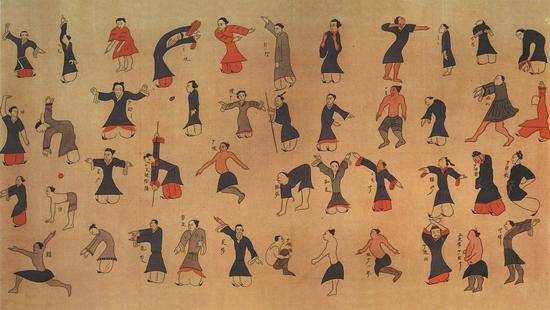
A replica of a scroll unearthed at Mawangdui. (CHINA DAILY)
The popularity of Mawangdui indicates that people are increasingly impressed by cultural relics, which allow them to better understand and respect history. At the same time, this has promoted the development of archaeology and the popularity of cultural relics and culture, he said.
Li Qun, head of the National Cultural Heritage Administration, said the tombs demonstrate the achievements of the Han Dynasty (206 BC-AD 220) in economics, philosophy, culture, art, medicine, and science and technology. It is a treasure of world civilization.
He said that archaeological research at the tombs serves as an exemplary model of multidisciplinary collaboration and remains a major academic subject of interest to scholars in China and abroad.
It is important to continue research, focusing primarily on areas such as bamboo and silk manuscripts, philosophy, art and traditional Chinese medicine, to explore historical culture and ancient wisdom, he said.
Duan Xiaoming, head of Hunan Museum, said the museum has completed digitally collecting high-definition information for 948 artifacts, including 285 3D models and 7,779 images. Over the next year, the work of digitally collecting the artifacts will be completed, he said.
Hunan Museum intends to publish a list of books on its findings and to cooperate with universities and research institutions globally, strengthening digital presentation and promotion, he said.








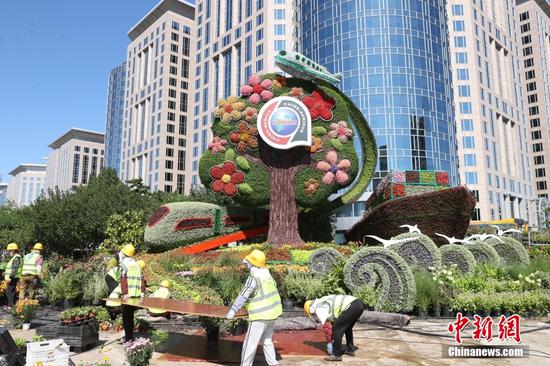





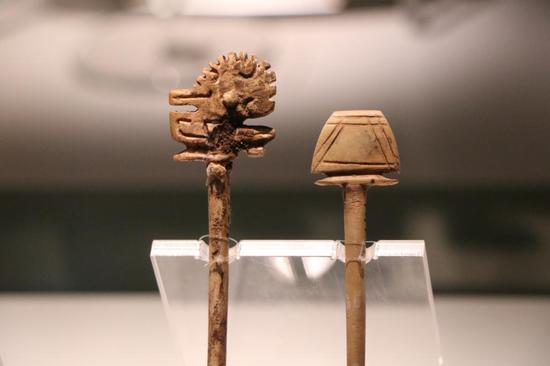












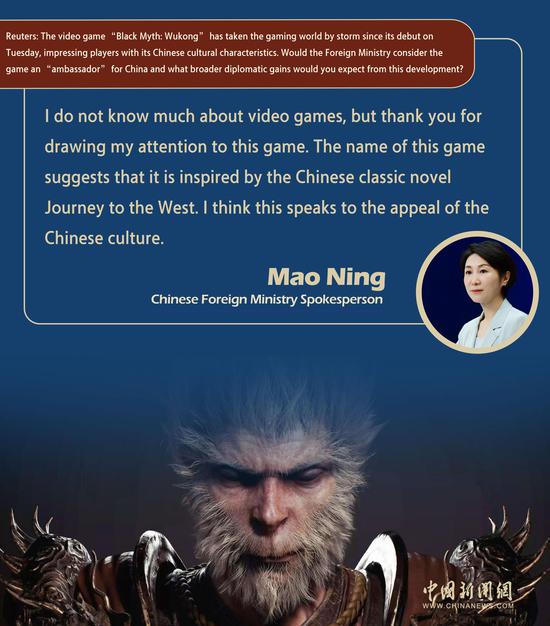

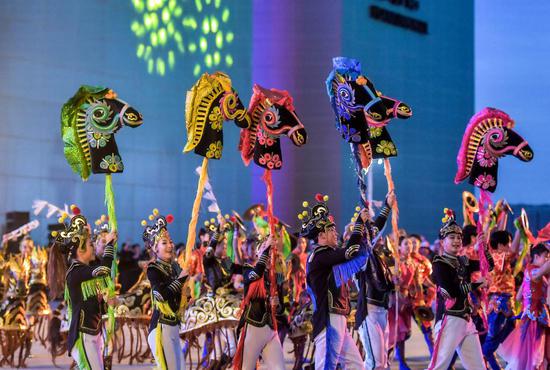






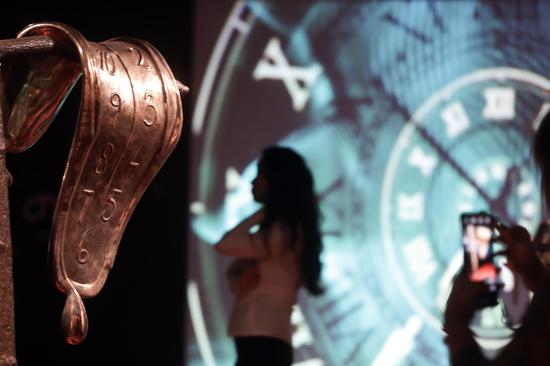
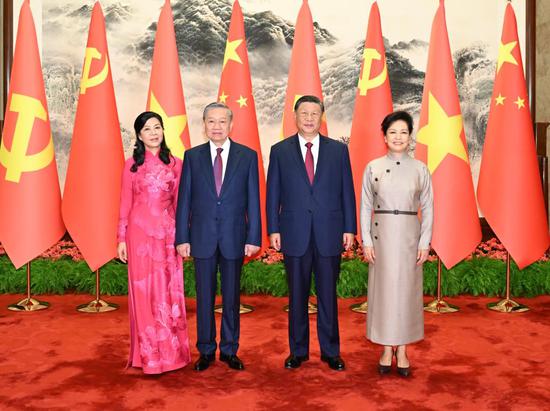
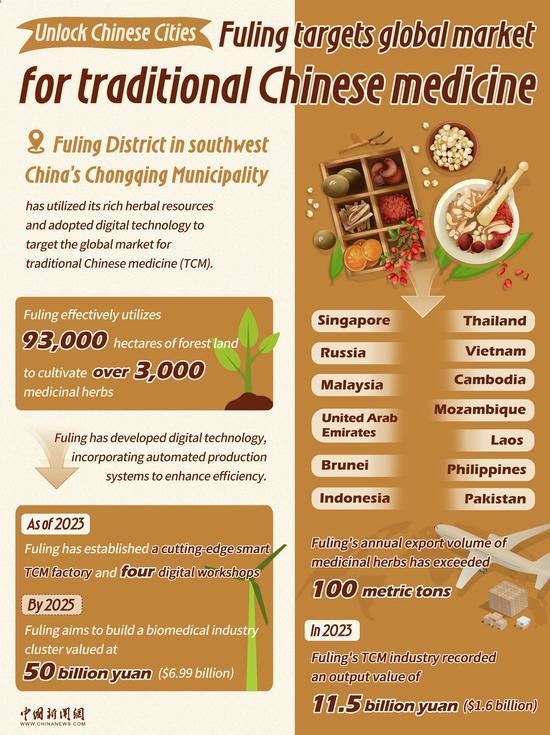







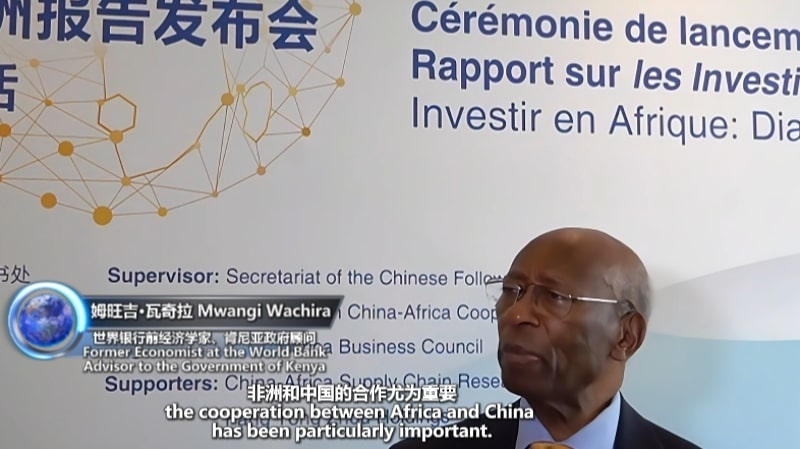

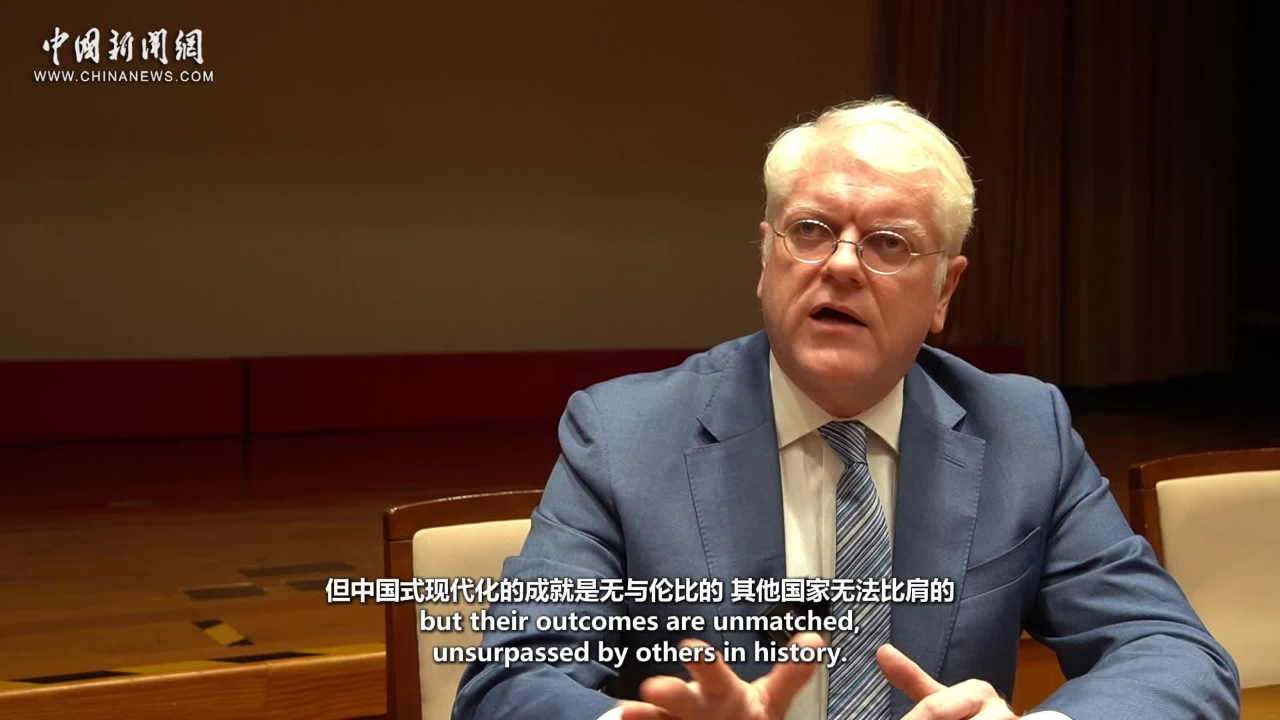

 京公网安备 11010202009201号
京公网安备 11010202009201号